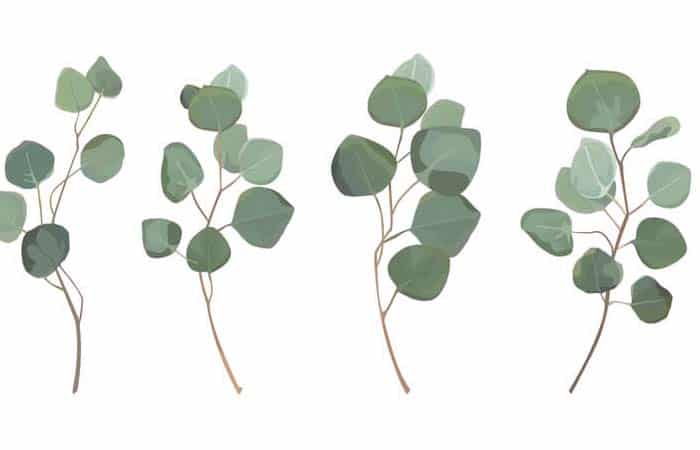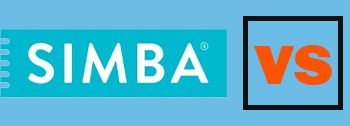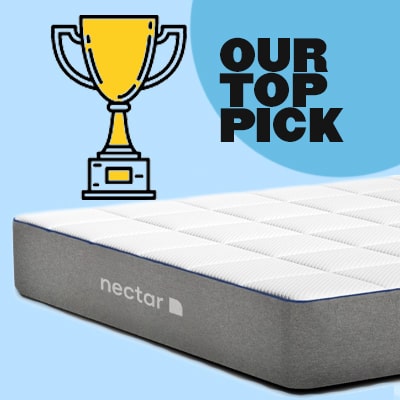Looking for better sheets and duvets? In this guide, we will cover the differences between Lyocell and Polyester. We will answer:
- What is Lyocell?
- Is Lyocell fabric comfortable?
- Is polyester a synthetic fibre?
- Where does polyester come from?
- Which is best?
The main difference between Lyocell and polyester is that Lyocell is a 100% eco-friendly and sustainable product. Polyester is an artificial fabric and is synthesised from petrochemicals and isn’t very biodegradable. Lyocell, in comparison, is more expensive because of these reasons.
Right, let’s dive in!
What is Lyocell?
Lyocell is a natural product that is suitable for fabric manufacturers. Its origins are 100% eco-friendly, being a farmed timber product.
When trees are harvested, invariably, they are sent to the mill for processing. The mill process is generally very intense to say its eco-friendly is somewhat of a misnomer.
I guess it would be easier to say Lyocell is a natural product that is of sustainable origins.
When wood is processed, the main components are of a cellulose nature, and wood produces cellular fibres, long and short. When these fibres are pressed under pressure and treated further, many options become available such as paper.
However, with innovations in processing, it is now possible to make these fibres into a yarn that can be processed.
The rest of the story is simple and a story that has been known for centuries.
Yarns are made into fabrics and sent to manufacturing companies where all items are made, including and bedding.
Is Lyocell Good For Sheets, Duvets and General Bedding?
It’s an excellent product and has some features that are uniquely suited to making sheets and duvets.
Some of the features of Lyocell are:
- Non-synthetic meaning is less likely to cause allergies.
- Moisture absorbent, which is ideally suited to mattresses that sleep hotter.
- Lyocell is breathable, keeping the product cool
- Suitable for cool washing
- Made from wood fibres
All in all, if we are looking for a bed sheet or duvet/ pillow protector, Lyocell could be the right material for you.
The downside to Lyocell is that it is slightly more expensive due to eco-credentials.
Lyocell is smooth to the touch
Lyocell is soft, it’s very soft, that’s why it’s perfect for bedding. Combined with its breathability Lyocell is an excellent all-around fabric for bedding and clothes manufacture.
Its comfort factor is equal to any high-end sheet or duvet, and something very cool about the product is, it’s 100% recyclable at the end of its life.
Lyocell colour ranges from everything you would expect from bedding material. However, due to its environmental credentials, the manufacturer encourages an environmental dying process, which adds to the cost.
Should you buy Lyocell?
You should buy the product, the bedsheets are lovely, and Lyocell is made into many shirts and dresses. So, we can all enjoy the feel of this great product and enjoy the excellent soft fabrics against our skin.
Washing can be an issue. It’s recommended to wash Lyocell by hand, which is fine when washing a single sheet or duvet but, it’s a different scenario when washing a king-size sheet or duvet by hand.
Polyester
Polyester is an artificial fibre that has been around for decades and has been a wildly popular material for just about everything.
Polyester is so versatile that the material is interwoven with natural fabrics such as cotton. Polyester enhances the durability of the cotton when interwoven to make a durable, comfortable garment,
Adding Polyester to cotton allows cotton to retain some of its breathable properties while enhancing its performance as a fabric.
Where do you find Polyester?
Whether or not you know it, you have been exposed to polyester at some point in your life. Polyester is an ingredient in some fabrics that you will find in your clothing.
When you needed to wear a uniform, Polyester would have been part of the fabric during your school days. Why?
Because it’s easy to maintain and durable, combined with being relatively cheap, it made for the perfect material to be used in clothing where durability was sought.
Polyester, Should You Buy It?
Polyester has many downsides, but due to its artificial synthetic manufacturing process and undesirable environmental qualities, Polyester seems to have lost some of its ground to the more eco-warrior type products.
However, an eco-warrior will only go so far, and when it comes to the cost of the fabric, one cannot deny that Polyester is value for money.
Polyester does not have all of the environmental credentials of Lyocell, but when combined with Lyocell, it increases the durability of Lyocell and makes for the perfect bedding partner.
It also makes Lyocell more competitive as a product, which increases the popularity of Lyocell as a product.
While Polyester is tough, resilient, and not breathable, it gets these benefits woven into the fabric when combined with Lyocell.
Which is best for Allergies?
The intrinsic nature of Lyocell makes the product hypoallergenic and makes the product suitable for anyone with even the most sensitive skin.
Lyocell is the perfect product for allergy sufferers and, with its other attributes, will provide a comfortable night’s sleep.
The Best of Both Worlds
Suppose you would like to enjoy the benefits of Lyocell. In that case, purchasing a combination of both products is a sensible proposition as one gains the majority of the benefits Lyocell offers and the benefits of Polyester as a woven material.
Closing Thoughts
Lyocell is a unique product, and with innovations in technology, we will see more and more materials coming from unexpected sources.
Is it eco friendly? Yes and no, I like that the trees can be farmed and we are taking carbon dioxide from the atmosphere. On the other hand, the process is energy-intensive, which takes away from its credentials.

 Nectar Mattress
Nectar Mattress 


